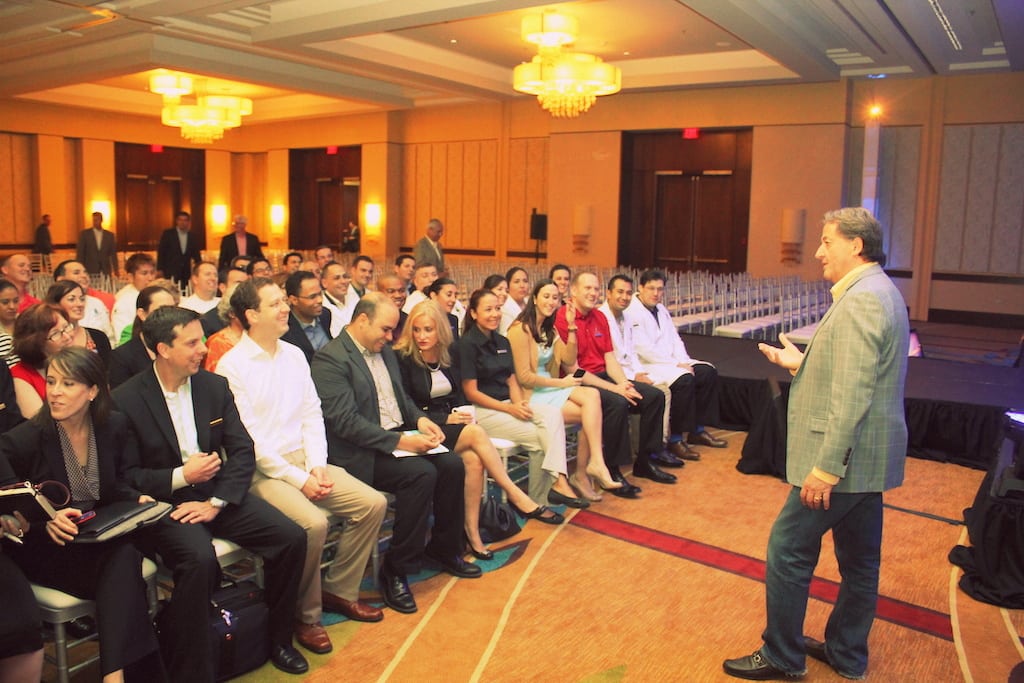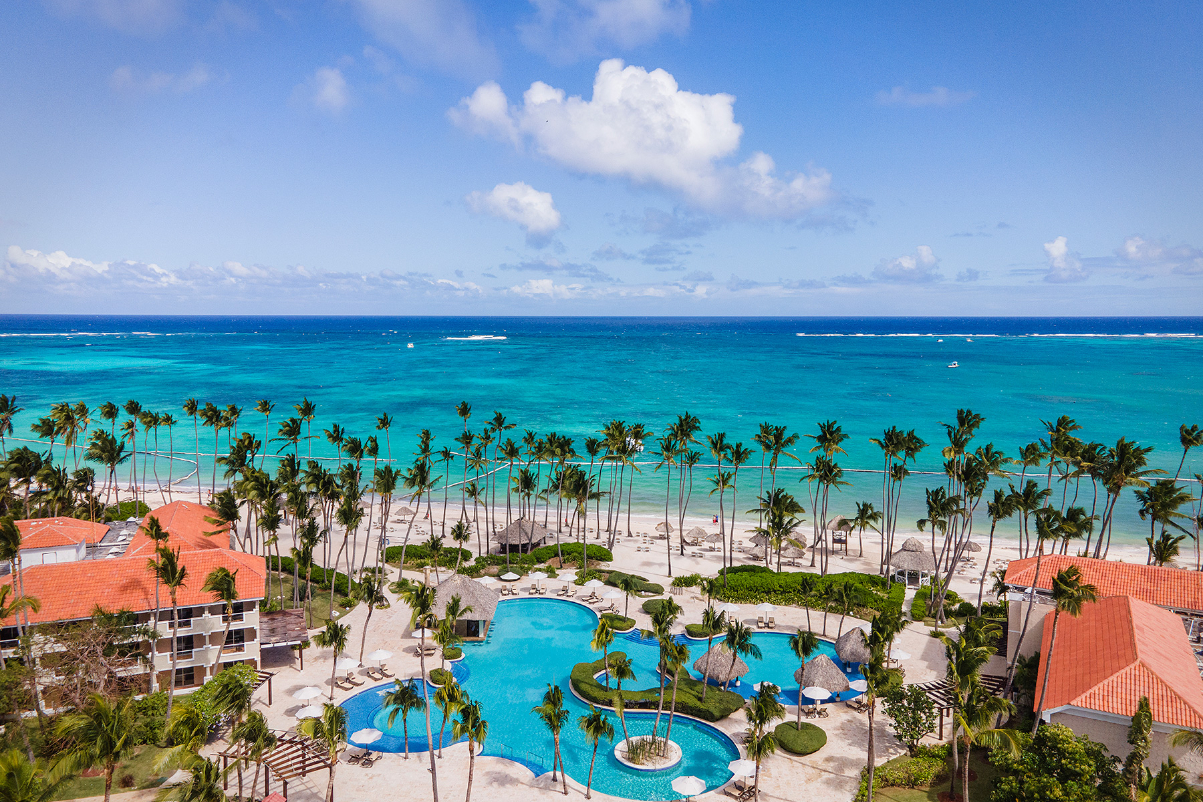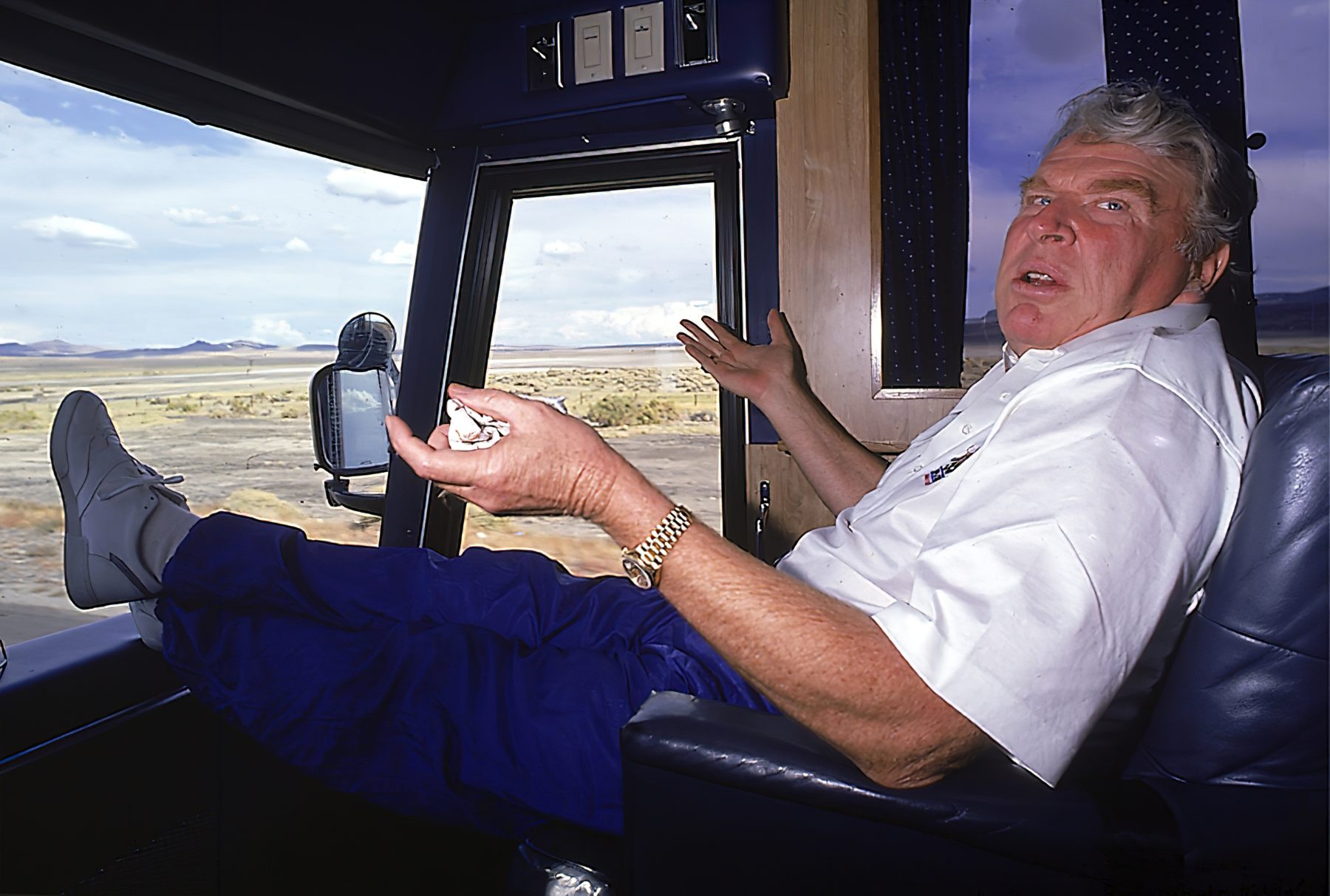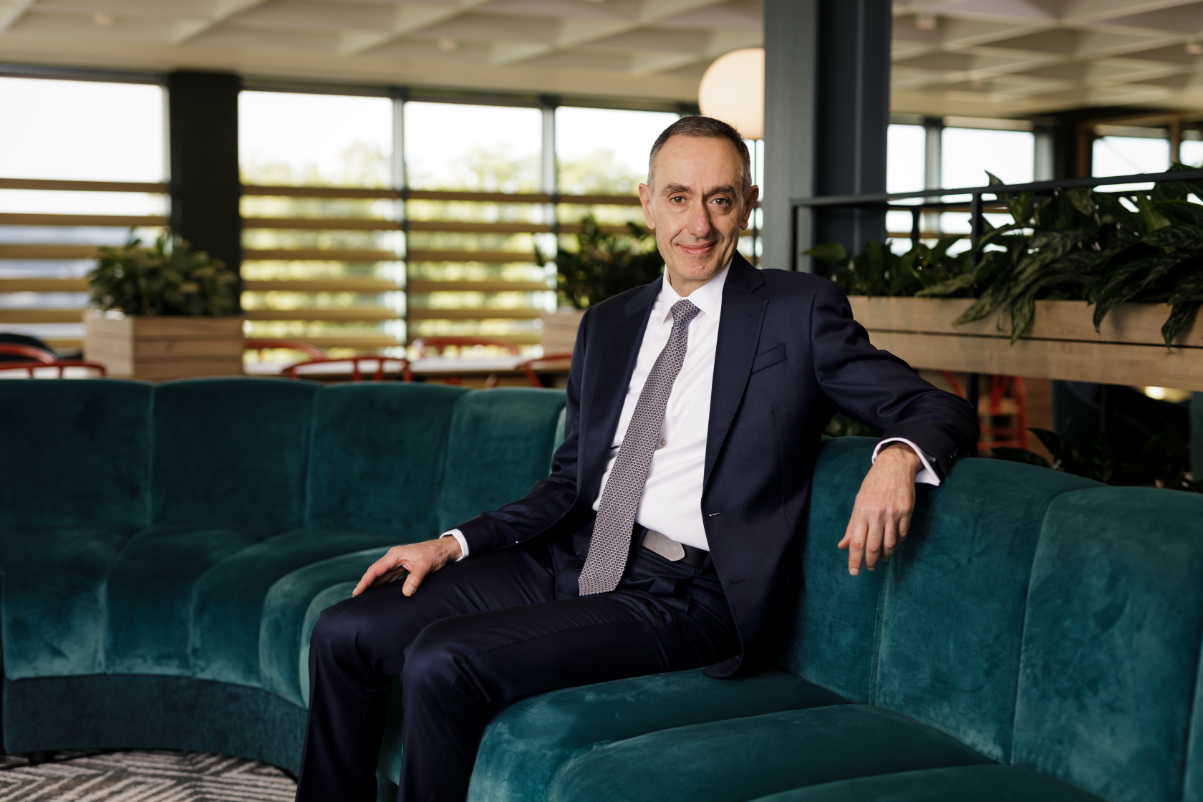Interview: How Ritz-Carlton Sells Its Service Expertise Outside of Travel

Skift Take
Few hospitality groups have articulated their service protocols internally across the entire employee spectrum as specifically as The Ritz-Carlton Hotel Company.
Those standards have been under somewhat of an attack in today's era with so much emphasis on less formality and structure in hospitality. The hotel brand has been forced to adapt to these next generation travel behaviors, to varying degrees of success.
However, the structure developed to build Ritz-Carlton's service culture—resulting in one of the lowest turnover rates in hospitality—is something the company can leverage and sell to industries outside hospitality, ranging from finance to healthcare and manufacturing.
Launched in 2000, The Ritz-Carlton Leadership Center offers various educational programs at select properties around the country for executive training in leadership, customer service, employee engagement and company culture.
We spoke with Diana Oreck, VP of The Ritz-Carlton Leadership Center, to learn more about the educational sessions and how they're being impacted by younger generations of executives.
Skift: What first led to the creation of the Leadership Center?
Diana Oreck: We are a brand extension of The Ritz-Carlton Hotel Company LLC, and we were founded as a result of winning the Malcolm Baldrige Award twice—once in 1992, once in 1999. So we had a lot of companies calling the head of the company, the CFO, head of sales, wanting them to share the secret sauce of Ritz-Carlton and our culture and philosophy.
We finally said we must find a way to share the story, and we thought we'll do this for a year and everyone will get it out of their system, including ourselves. Then we'll shut it down and go back to running the lodging company. Well, it's not quite worked out that way.
Skift: What types of industries do you cater to?
Oreck: Everybody is welcome except other luxury hotel companies, because we're not going to teach them how to beat us obviously.
Skift: Tell us about the three-day Executive Education class.
Oreck: That series is very interesting. It's a three-day program attended by very senior people, so the normal mix of the Executive Education Series are CEOs, presidents, SVPs and VPs.
The topic that we cover on the first day is always legendary service. We explain to companies that having a fantastic culture is not enough. You also have to have the systems behind the smiles. Because if employees do not have robust systems and processes to rely upon, their mind isn't free to extend that fantastic service.
It also shows leadership the mindset you must have to consistently sustain fantastic service. You can't say to the customer they're going to get great service Tuesday, Thursday and Saturday, right? It has to always be consistent, because consistency leads to trust with your customers, colleagues and your employees.
Skift: And the next two days?
Oreck: Over the next two days we are talking about how you engage the workforce. We're talking about leadership. We're talking about how do you really cascade your strategic plan so it creates passion in your employees.
With companies and their strategic plan, there are two things that normally happen. The senior leadership goes away, and the employees never fully understood the strategic plan to begin with, so teams have no real idea how they positively impact the plan. Or, the senior leadership goes away and the strategic plan goes into the closet to gather cobwebs never to be seen or heard from again.
So we talk about change management, accountability and execution. Then we give students a framework to create an action plan.
Skift: What do you find are the most impactful takeaways?
Oreck: The most impactful golden nuggets are this: Most companies have things like visions and missions and standards and stuff, right? Unfortunately, in many companies, they're just beautiful words on a piece of paper. The employees aren't living it. And that's because senior leadership is only aligning back to what we call the culture when the P&L has gone south or there's been a customer complaint.
That's not enough. You have to find a way to align back to your culture each and every day. At Ritz-Carlton, that's our true due north.
The other thing is, it isn't good enough to have only a subset of your employee population who can articulate your philosophy and your strategic plan. I would say that's the biggest "aha" moment. The idea is that a company's culture must live on when the leadership moves on.
We have 85 hotels around the world, 44 nationalities, 17 languages, and we're all governed by the same culture. A lot of companies who are global and have all these different locations, they're having difficulty because they think every location has to have a different culture, and then you end up with inconsistency.
Skift: Just to clarify, when you say "inconsistency," you're not saying the hotel experience needs to be the same worldwide, because there's a huge backlash against that kind of conformity. You're speaking about the consistency of building brand culture internally?
Oreck: Yes, absolutely, I don't think there's any way around it, you've got to find a way to engage your employees consistently to represent the brand values. And quite honestly, what I think we do really well at Ritz-Carlton, regardless of your level, we feel valued and respected.
So I want to talk a little bit about function versus purpose. In our world, the backbone of the company are our housekeepers. It's not very glamorous but they're hugely important. The function of those ladies and gentlemen is to clean 16, approximately, bedrooms and bathrooms every day.
That's not how we motivate them. We motivate and engage them by saying, "Your purpose is to create a home away from home for our guests." We are no longer living in a transactional economy. So if you're in the hotel business, I don't want our guests to feel like they're just a head in the bed. If you're in banking, I don't want the customers to feel like just another deposit or withdrawal. And if I'm at the hospital, I certainly don't want to feel like I'm just another injection or procedure.
So it's all about leadership. If we're truly engaging the ladies and gentleman in the employ of Ritz-Carlton, that is leading to customer engagement.
Skift: What do the one-day programs cover?
Oreck: We have several one-day programs. "Radar On, Antenna Up" is about keeping your eyes and ears open so you can pick up on the unexpected, unexpressed wishes and clues from our guests. That is an offering for everybody. What we teach there is if you have a satisfied customer, you've done nothing wrong, but you've only met the expectation. You have to exceed expectations to move from satisfied to engaged customers.
You cannot provide legendary service if you're on autopilot. Great service isn't cookie cutter and robotic. It's spontaneous and from the heart. So you've got to pick up on the small things where you can make an emotional connection.
Another example is "Fire Within." It is all about passion and how you're inspiring your employees to bring their passion to work everyday and volunteer their best.
Skift: Are you adapting your educational sessions, or corporate culture in general, to align with today's Millennial behavioral trends, regarding your employees?
Oreck: Yes, because it is something we know is being spoken about a great deal. Nothing stays the same, right? And all of these different generations are different. We've had to spend some time understanding what their generation really wants. And what we have found is, if we really explain the why, of why we're doing something, to Millennials, they do get it.
They ask a lot more questions about why. So we've been doing a lot of communication about what it is that they want to see and experience, and make changes accordingly. We've also found that, more than anything, they really, really want to feel valued.
Skift: How have you personally adapted your professional life, in terms of engaging with Millennials?
Oreck: I'll be candid. I have become a lot more patient, and I'm more than willing to answer all of their questions. They ask, 'Why, why, why, why, why" a lot. And I'm okay with it. I want to make sure that in my business as well, that we do business with businesses aligned with Millennials. So I guess it's just about patience and listening to them, because they are very, very creative, and they are the leaders of the future.
Skift: Ritz-Carlton was the first large hospitality company to bring a standardized, corporate-wide social responsibility platform to market with Community Footprints. Have Millennials driven that push internally, and has interest in corporate social responsibility plateaued somewhat do you think?
Oreck: I find that the Millennials are very, very altruistic, and corporate social responsibility is a huge thing for them, which I think is wonderful. Allowing them the time and space to be involved in that is very rewarding for them, and I think that absolutely must be respected.
You know what I think has happened, I think people have just caught on. And I think we were really good and ahead of the curve, and now I think it's actually happening more and more, but we're not writing about it as much.
But it's alive and well, and I think it's just kind of expected now. Before it was "Ooh, aah," and now it's an expectation. It's simply embedded into corporate culture and part of the overall strategic plan.
Greg Oates covers hotel/tourism development and travel brand media. He has toured over 1,000 hotels in 50+ countries. email / twitter




